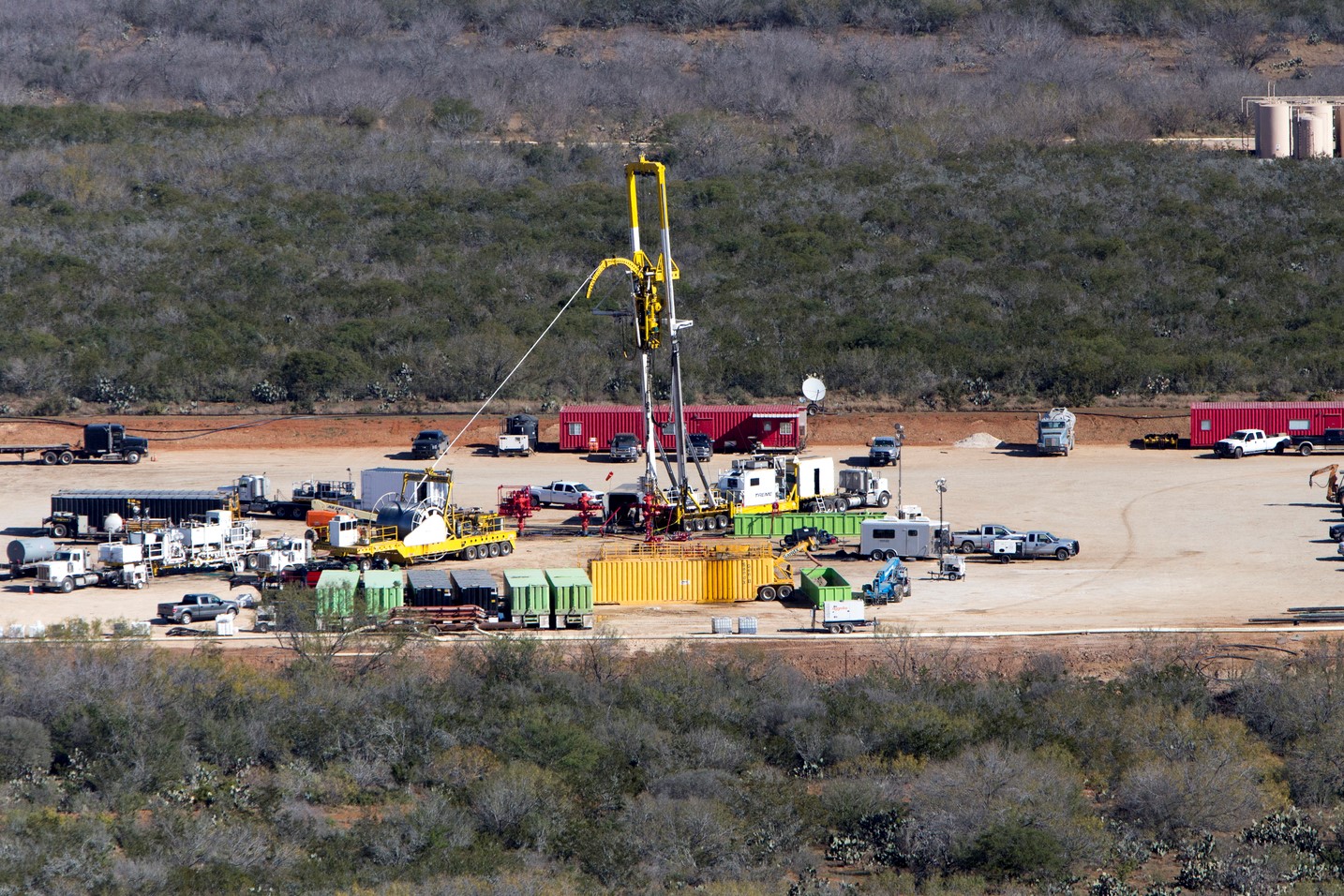For decades now, it’s been the same old song: corporate polluters evading the safeguards meant to keep our air and water clean, recklessly risking public heath to line their pockets. The Clean Air Act and Clean Water Act were put in place to protect communities from the most harmful industrial pollutants, but exemptions and loopholes have allowed the oil and gas industry to threaten communities’ health and safety by exposing their waterways to the hazardous byproducts of fracking.
I saw this firsthand near my home in Pennsylvania. I watched trucks dump fracking waste into rivers. I witnessed industry’s attempts to pit neighbor against neighbor. And I observed how they intentionally target their operations towards those they perceived to be less deserving of protection.
Studies show that those who live near fracking wells and other unconventional drilling sites experience adverse impacts on every major organ system. Further, increased fracking activity is associated with higher mortality rates, lower life expectancy, and more common instances of cancer, and cardiac and respiratory diseases.
Now, the tune is finally changing. US House Representatives Matt Cartwright (D-Pa.), Jan Schakowsky (D-Ill.), Diana DeGette (D-Colo.), Joe Neguse (D-Colo.), and Yvette Clarke (D-N.Y.) just reintroduced the “Frack Pack,” a comprehensive package of legislation that will hold the oil and gas industry accountable for respecting air and water protections.
Here’s a breakdown of the legislation:
-
The CLEANER Act eliminates the exemption for oil and gas companies and geothermal energy in the Resources Conservation and Recovery Act, put in place by an outdated 1980 amendment, which governs disposal of hazardous materials. A Rolling Stone investigation highlights the need to safely dispose of such materials, no matter who produces them.
-
The FRESHER Act closes the Clean Water Act loophole for oil and gas companies, and creates a study of the effects of stormwater runoff from oil and gas operations.
-
The SHARED Act protects communities by requiring oil and gas companies to report the impact of fracking on water quality. Companies would regularly test water sources within a half-mile radius of fracking sites, and those results would be made available in a public database. This bill would ensure that oil and gas companies can’t hide how their activities impact our water sources.
-
The FRAC Act authorizes the EPA to regulate hydraulically fractured wells and requires public disclosure of the chemical constituents that will be used in the fracturing process before it begins.
-
The CLOSE Act (formerly BREATHE Act) closes the “aggregation exemption” written into the Clean Air Act for oil and gas activities, which allows fossil fuel production, processing, storage, and transmission facilities to emit a range of hazardous air pollutants without meaningful regulation by EPA. It also adds hydrogen sulfide, a common and dangerous byproduct of oil and gas extraction, back to the Clean Air Act’s list of regulated Hazardous Air Pollutants.
These policies will be critical in holding oil and gas companies accountable for the damage they’ve caused to our communities and the climate. With help from our champions in Congress, we look forward to advancing the “Frack Pack” and working to keep dirty fuels in the ground in order to tackle the climate crisis and make our water cleaner, air safer, and communities healthier.
